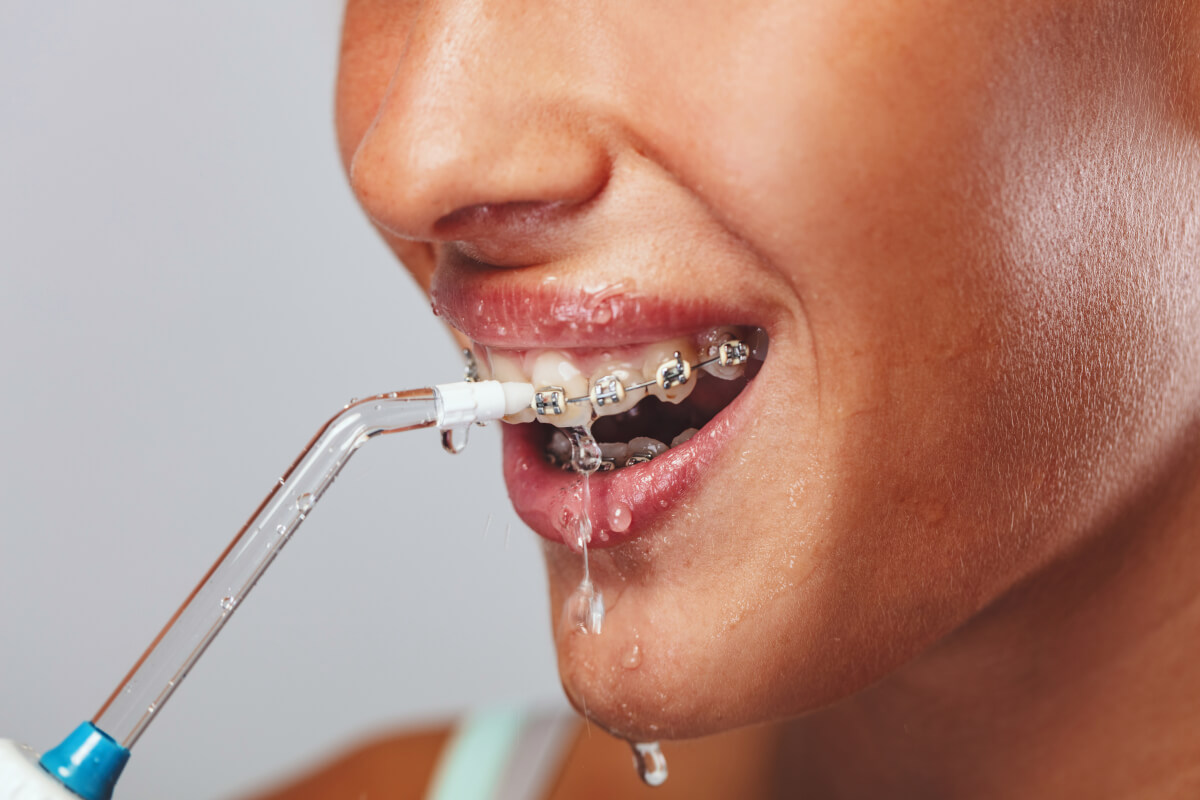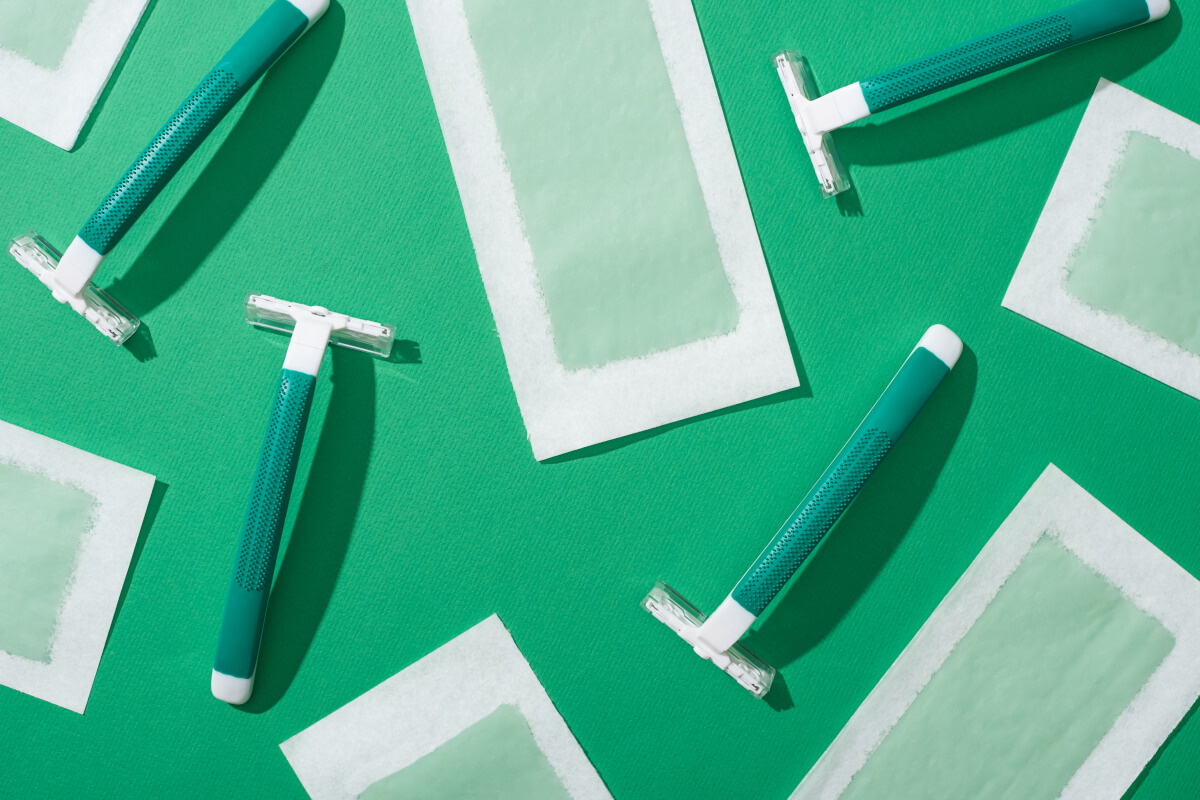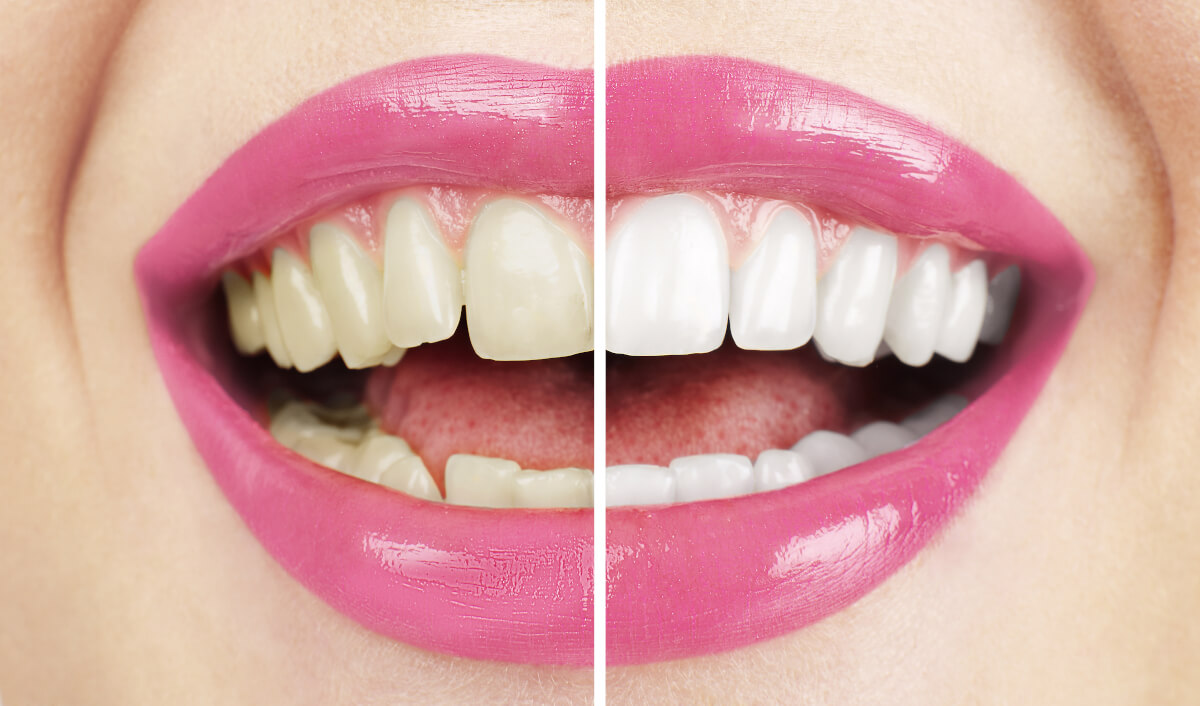
Water Flosser vs Floss — Which Is Better for Your Teeth and Gums?
A beautiful smile can compliment any outfit, which is why it’s important to practice good dental hygiene as a part of your everyday beauty routine. Nearly all dentists agree that flossing daily is a key part of maintaining good oral health — but does that include using a water flosser? We here at KeyGlam did extensive research into the eternal debate of using a water flosser vs traditional floss to find out the pros and cons so you can take better care of your teeth and gums.
How Does a Water Flosser Work?
Water flossers, or water piks, were first introduced several decades ago. These compact devices typically feature a small spray head that shoots a tiny stream of pressurized water. Like traditional flossing, water flossers help to clear food, plaque, and bacteria from between teeth, which can typically be missed by brushing alone. Water piks can be especially helpful for those with traditional metal braces or those who struggle with manual floss. When using a water flosser, you should work slowly, starting at the back teeth and moving forward along the gum line. Once you’re finished using your water flosser, be sure to rinse your mouth clean with water or mouthwash. If you’re considering trying a water flosser, it’s a good idea to consult your dentist first.
How Does Traditional Flossing Work?
Traditional dental floss has been around since the 1800s. You probably understand the basics — use a small thread to clean between teeth. But did you know that proper flossing essentially allows you to wipe your teeth clean? This is especially important because if bacteria is left undisturbed on the surface of teeth, it will begin to erode your enamel, leading to cavities, gum disease, tooth discoloration, and other issues. Just like with a water pik, it’s important to rinse after using traditional floss.
Water Flosser vs Floss: How Do They Compare?
Now that we’ve reviewed traditional flossing vs water flossing, it’s time for the verdict. So which is better? In basic terms, you should definitely use traditional floss no matter what in combination with brushing. We don’t advise substituting regular floss for a water flosser because they can sometimes leave behind significant amounts of plaque. Instead, you can use your water flosser in combination with brushing and traditional flossing to help your teeth stay sparkly clean.



